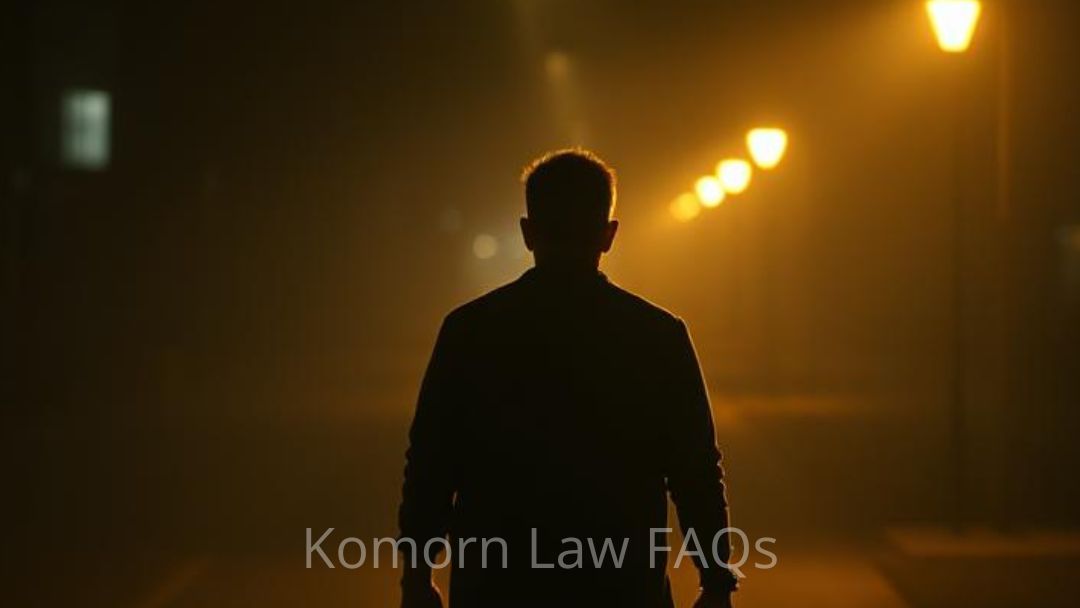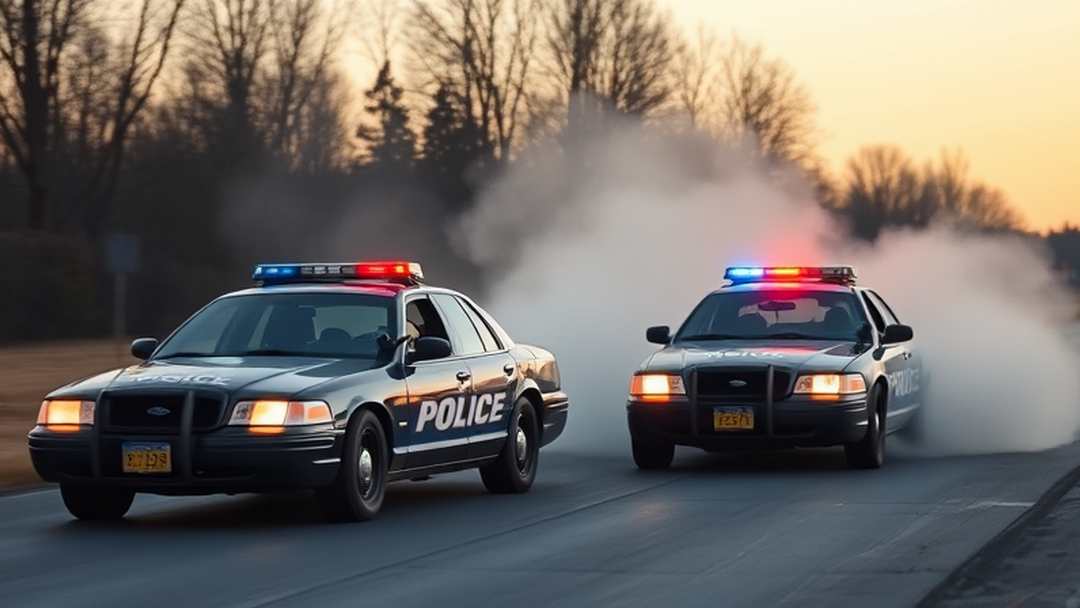Michigan Criminal Laws FAQs Drunk and DisorderlyAccording to Michigan State Law (Michigan Compiled Laws - MCL), there isn't a specific statute that solely defines "Public Drunkenness" as a statewide criminal offense in the same way some other states might have a...

Qualifying for a Public Defender in Michigan
In Michigan, individuals charged with a crime have the constitutional right to legal representation.
In Michigan, individuals charged with a crime have the constitutional right to legal representation. For those unable to afford a private attorney, the state provides public defenders to ensure fair legal proceedings. Eligibility for a public defender is primarily determined by assessing the defendant’s financial status to establish indigence.
Defining Indigence in Michigan
Under Michigan law, a defendant is considered indigent if they cannot secure qualified legal representation without enduring substantial financial hardship. Several criteria are used to evaluate this status:
-
Public Assistance Recipients: Individuals receiving benefits such as food assistance, Temporary Assistance for Needy Families (TANF), Medicaid, disability insurance, or residing in mental health or substance abuse facilities are presumed indigent.
-
Income Threshold: Defendants earning less than 140% of the federal poverty level are presumed indigent.
-
Incarceration Status: Those currently serving a sentence in a correctional facility are presumed indigent.
If a defendant doesn’t meet these presumptive criteria, they may still qualify for a public defender through a detailed assessment. This evaluation considers the seriousness of the charges, monthly expenses, and local private attorney rates to determine if hiring private counsel would cause substantial financial hardship. The goal is to ensure that all defendants have access to adequate legal representation, regardless of their financial situation.
6th Amendment
In Michigan, individuals who are unable to afford legal representation have the right to receive a court-appointed criminal defense attorney. To initiate this process, they must submit a statement outlining their financial circumstances when requesting an attorney through the Michigan Courts.
Process for Obtaining a Public Defender
To request a public defender in Michigan, defendants should follow these steps:
Application Submission: During the initial court appearance, inform the judge of the need for a public defender. The court will provide an application form requiring detailed financial information.
Financial Assessment: Complete the application honestly, detailing income, assets, and expenses. This information helps the court determine eligibility based on indigence criteria.
Court Review: The judge reviews the application to decide if the defendant qualifies for a public defender. If approved, an attorney from the public defender’s office or a court-appointed private attorney will be assigned to the case.
It’s important to note that defendants cannot obtain a public defender before their first court appearance. Therefore, it’s crucial to request one promptly during this initial hearing.
Are Your Constitutional Rights Threatened?
Call Our Office
Komorn Law (248) 357-2550
Role and Expertise of Public Defenders
Public defenders in Michigan are licensed attorneys employed by the state to represent indigent defendants. Despite common misconceptions, many public defenders are highly skilled and experienced, often handling a wide range of criminal cases. However, due to limited state budgets, public defenders frequently manage heavy caseloads, which can impact the amount of time and resources they can dedicate to each case.
For defendants who do not meet the indigence criteria or prefer private representation, hiring a private attorney is an option. Private attorneys may have more flexibility and resources to devote to a case, but their services come with associated costs.
Sources of Information
Michigan Indigent Defense Commission (MIDC): The MIDC was established by the Michigan Indigent Defense Commission Act of 2013 and sets the standards for indigent defense services in the state. More information can be found on their official website.
Michigan Legislature: The Michigan Legislature’s website provides the legal framework for indigent defense services, including the MIDC Act and related statutes.
Federal Public Defender: Various legal resources and defender offices in Michigan offer additional information on public defender qualifications and services.
Other Posts
Sometimes our posts provide a general overview of things with opinionated sarcasm and dry humor by the writer to lighten the same old same old of other law sites. It does not substitute for legal advice. Anyone charged with a criminal offense should consult an attorney for specific legal guidance. BTW. True Fact: When Michael Komorn fights the justice system there is only one focus. You and your rights.
Recent

Criminal Law FAQs – Drunk and Disorderly

Criminal Law FAQs – Drinking Alcohol or Smoking Marijuana and Driving
Michigan Criminal Laws FAQs Operating a Motor Vehicle Under The InfluenceWalking is cool... For fun and excercise. Not because you lost your license. Don't do the crime if you can't pay the price. But if you do get charged with a crime. Better Call Komorn to fight for...
More
Terry Stop and Refusal to Identify Yourself to Police
Because this is how it always goes...This is the second part of this post. Read this first - Just Because You're Hanging Out in a High Crime Area Doesn't Make You Suspicious.Standard for Investigatory Detentions / Terry Stops Under Terry v Ohio and other well...
Just Because You’re Hanging Out in a High Crime Area Doesn’t Make You Suspicious
Mere presence in a “high crime” area does not provide particularized suspicion of criminal activity for an investigatory detention.People vs Prude In People v Prude, Prude was in a parked vehicle at an apartment complex that was regularly patrolled by police because...
Gun buyback program – Michigan
There's another bounty to be claimed besides turning in your neighbor.Defined here in HB6144 can mean so many things... “firearm” means any weapon that will, is designed to, or may readily be converted to expel a projectile by action of an explosiveEntrepreneurs get...
Sextortion – Michigan
Sextortion - Extortion with an S.Michigan House Bills 5887 and 5888 make sextortion illegal in Michigan. The law defines sextortion as a threat to create or disseminate sexually explicit images or videos of another person to coerce them. The new law makes a first...
When Can Police Confiscate Your Drone in Michigan?
Someone asked us... Can the police take my drone?As we have seen ... They can charge, arrest you and take your stuff for whatever they want. You'll have to fight it out in court to get it back.In Michigan, the police can confiscate your drone under certain...
Using a computer to commit a crime – The latest add on charges
FRAUDULENT ACCESS TO COMPUTERS, COMPUTER SYSTEMS, AND COMPUTER NETWORKS (EXCERPT)Act 53 of 1979752.796 Use of computer program, computer, computer system, or computer network to commit crime. Sec. 6. (1) A person shall not use a computer program, computer,...






















